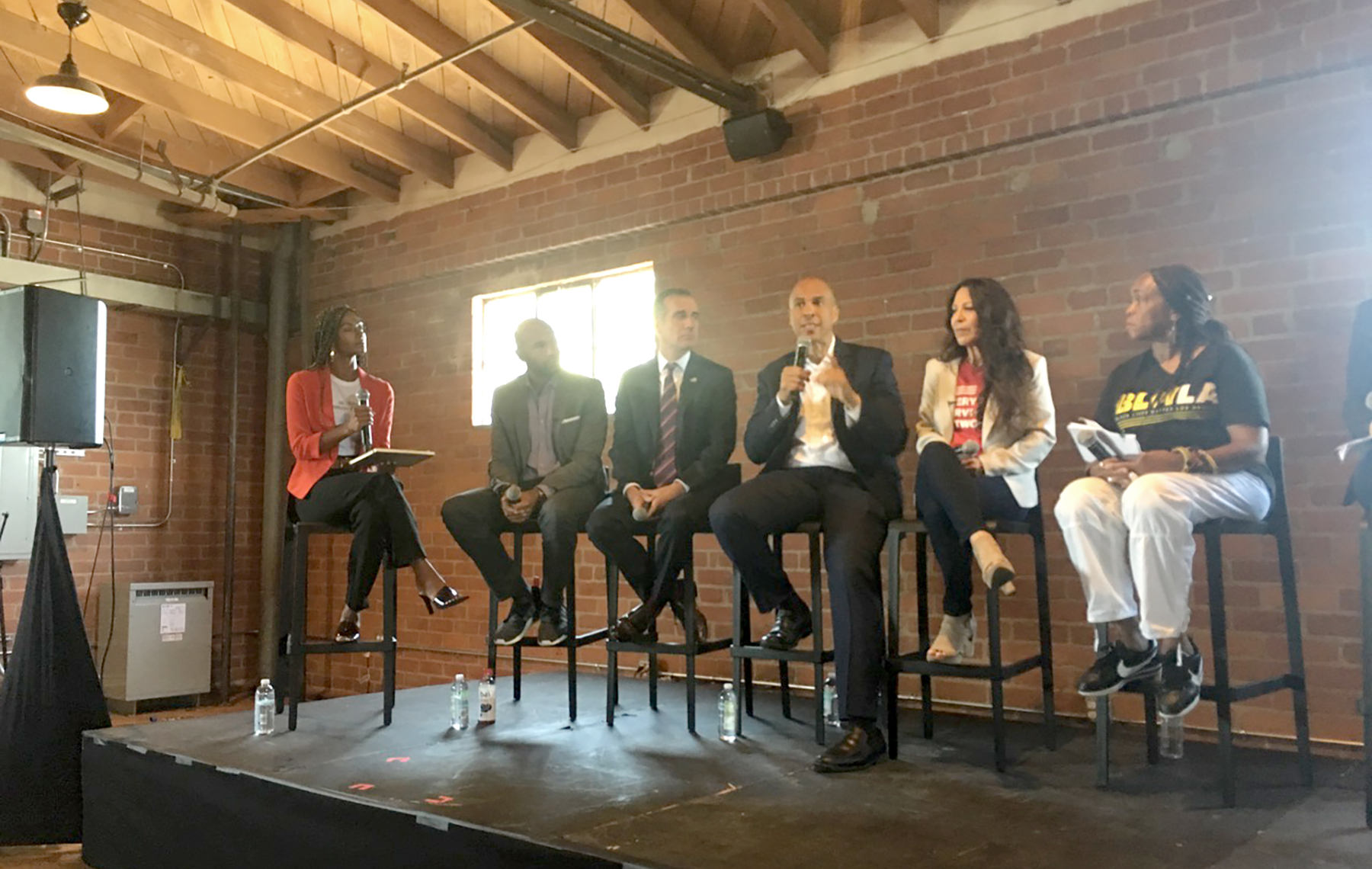
Before an Aug. 22 Los Angeles round table panel discussion on gun violence prevention, 2020 presidential hopeful Sen. Cory Booker (D. N.J.) asked the 50 or so attendees, “Can I just get an ‘Amen’ from everybody? We can treat it like a black church.”
And later, when a cameraman called out that he couldn’t see one of the other panelists because of the light bouncing off a window, Booker quipped: “There’s no glare off my bald head?”
For the most part, though, Booker struck a serious tone during the 40-minute discussion, which also featured L.A. Mayor Eric Garcetti, San Gabriel resident and gun violence survivor Cindy Montoya, volunteer leader for Moms Demand Action for Gun Sense in America Samantha Dorf, Black Lives Matter activist Paula Minor, and actor Stephen Bishop.
The event, moderated by writer and community organizer Ericka Claudio, was held in the Crenshaw district at the co-working space and cultural hub Vector90, co-founded by rapper Nipsey Hussle, who was shot and killed on March. 31.
In town for a campaign fundraising event, Booker, 50, spoke about both the deadly and traumatic impact of mass shootings and gun violence as well as its economic ramifications. He said what was needed were solutions that are people-focused and community-focused. The pattern of gun violence in this country “looks like a
public health problem,” he said, adding that there is an “impotency of empathy” preventing gun reform.
“The pattern of gun violence in this country looks like a public health problem.
— Sen. Cory Booker
Noting that African American men comprise the majority of homicide victims in the U.S., Booker said the American public “cannot let the debate be framed by the corporate gun lobby and the NRA” (National Rifle Association), and he pushed back against arguments that mental health problems are to blame for many mass shootings.
“I’m so angry about the mental health conversation in this country,” he said. “A Muslim with an assault rifle is a terrorist and a white supremacist with an assault rifle needs mental health training.”
Garcetti spoke about how young people, including those who survived the Parkland, Fla., school shooting on Valentine’s Day in 2018, are driving the conversation on gun reform. “In some ways,” he said, “the leadership today is following young people.”
Bishop said he believed reparations for the African American community could alleviate some of the systemic reasons behind black youths often succumbing to lives of violence. He suggested doing so could allow recipients to pool their money and create much-needed resources in the community.
Dorf, who said she is trying mitigate the impact of gun violence on minority communities, offered her perspective as a self-described outsider.
“I am coming from a place of privilege,” she said. “It’s not enough to not be racist. You have to be anti-racist. Our job as those who are privileged is to make this not a moment but a movement.”







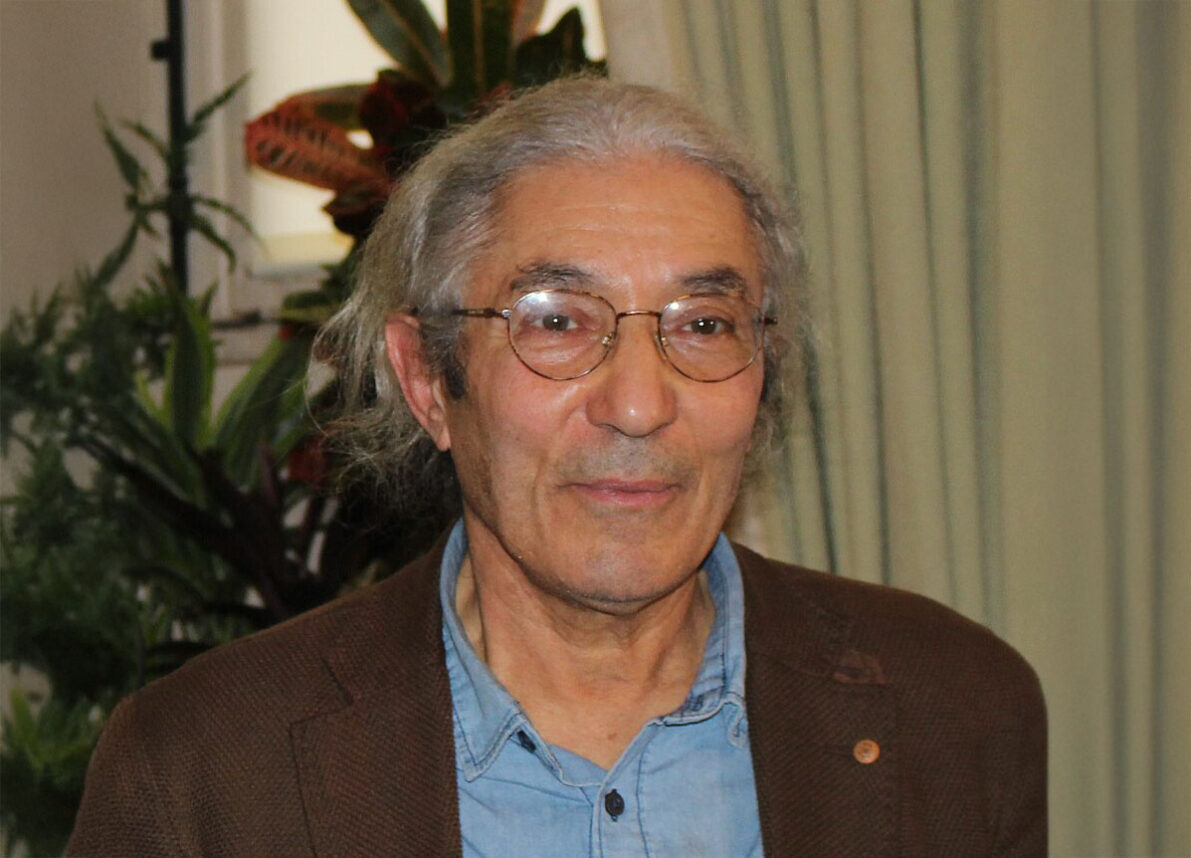
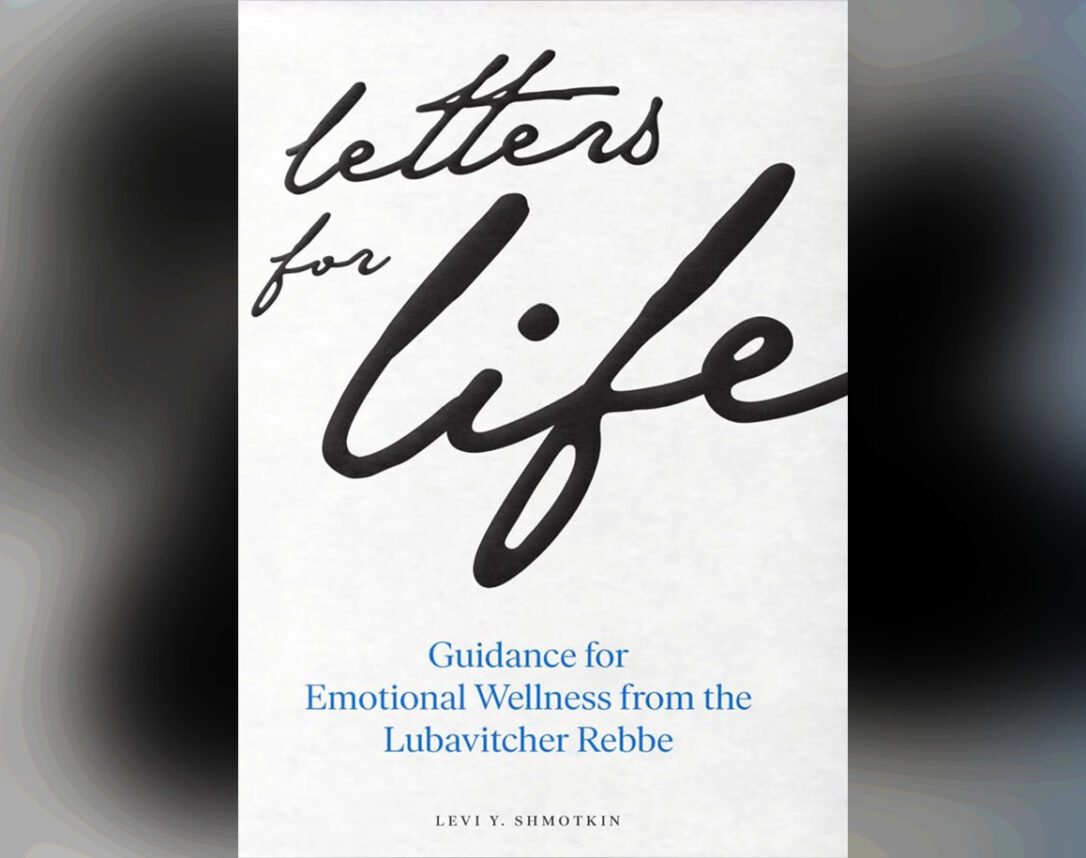
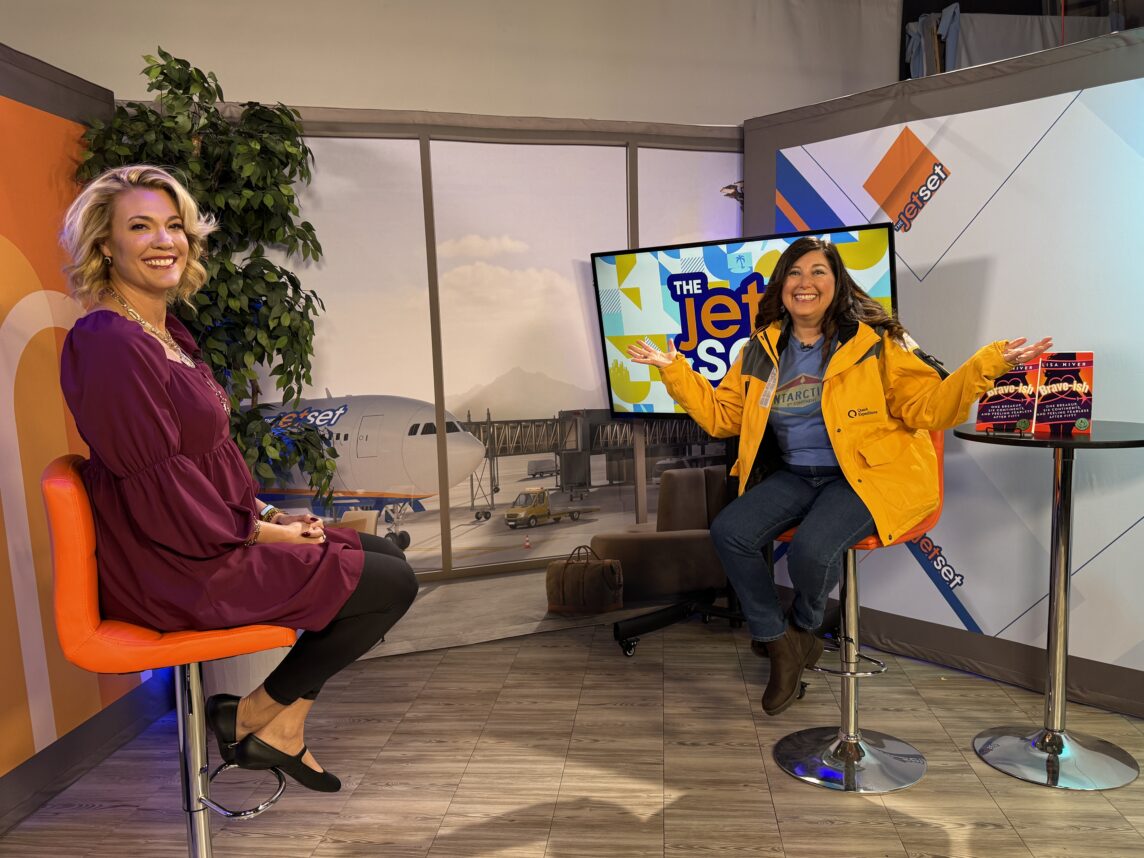
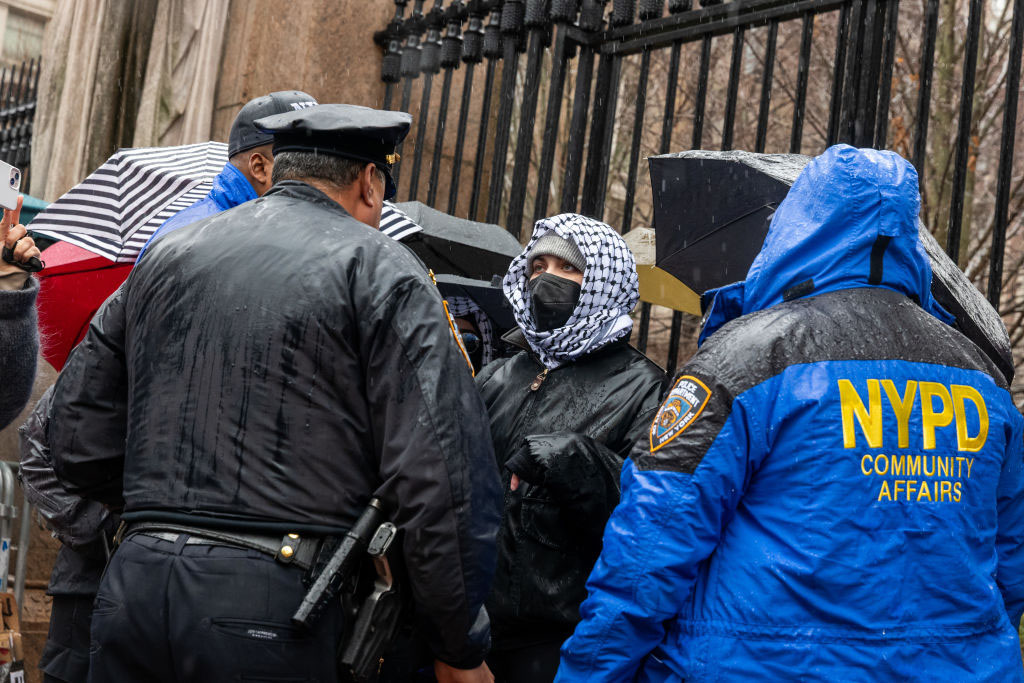
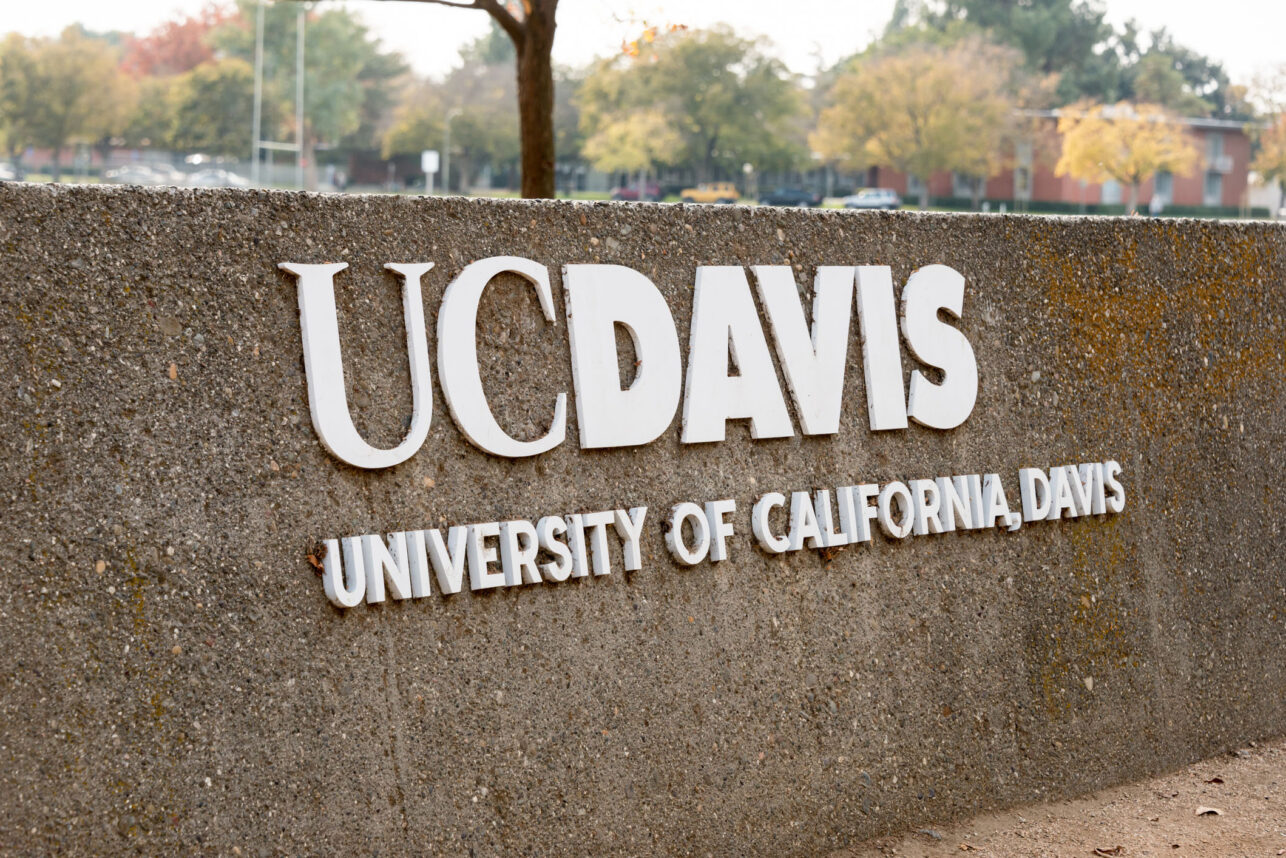
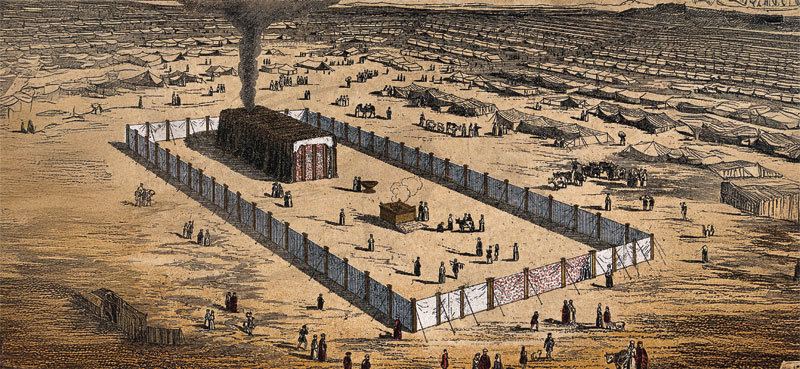
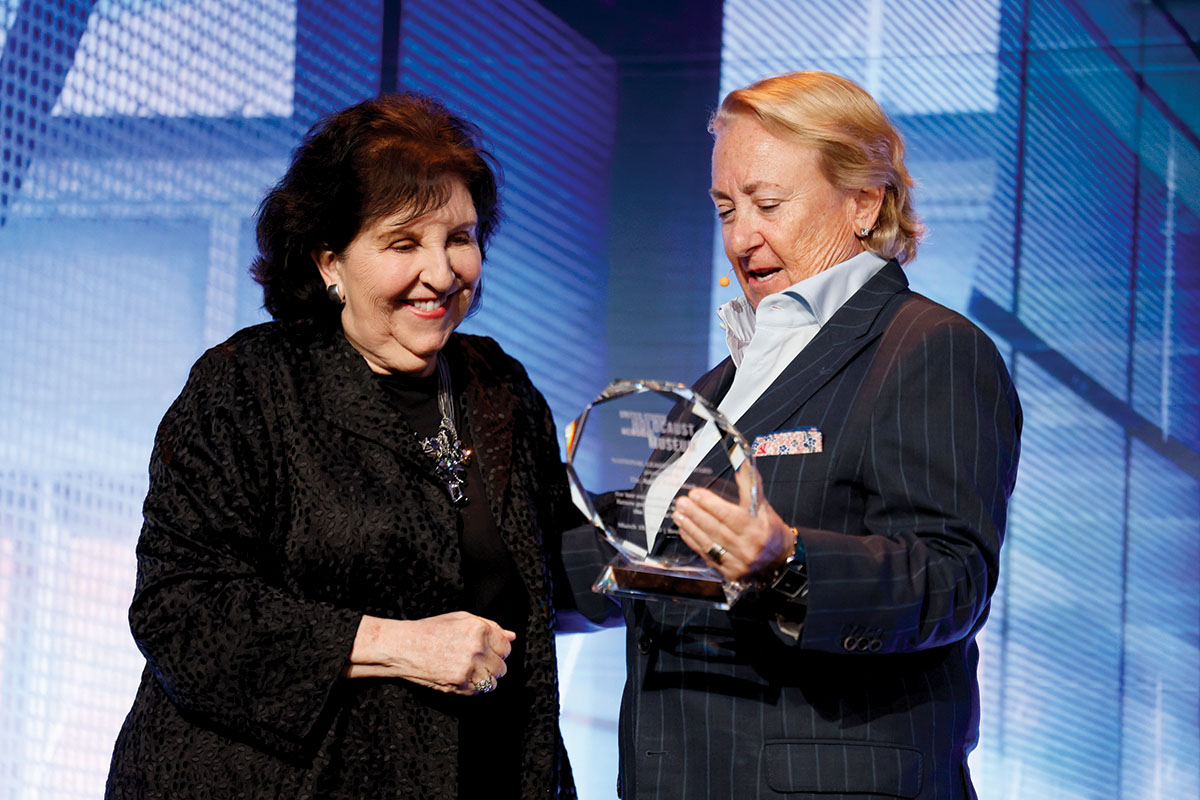

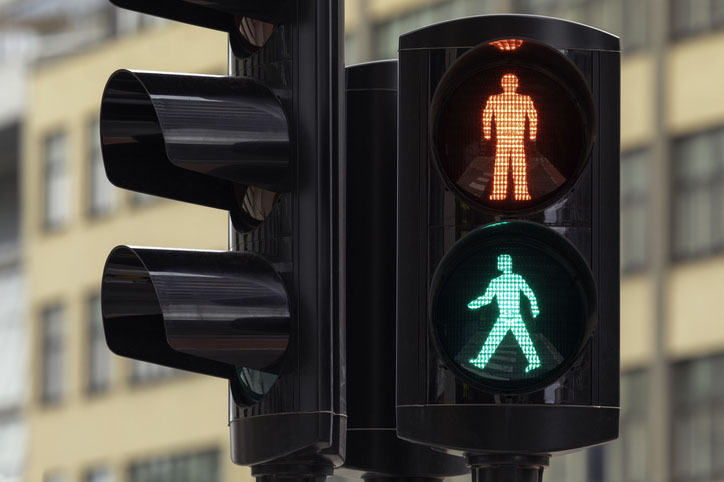
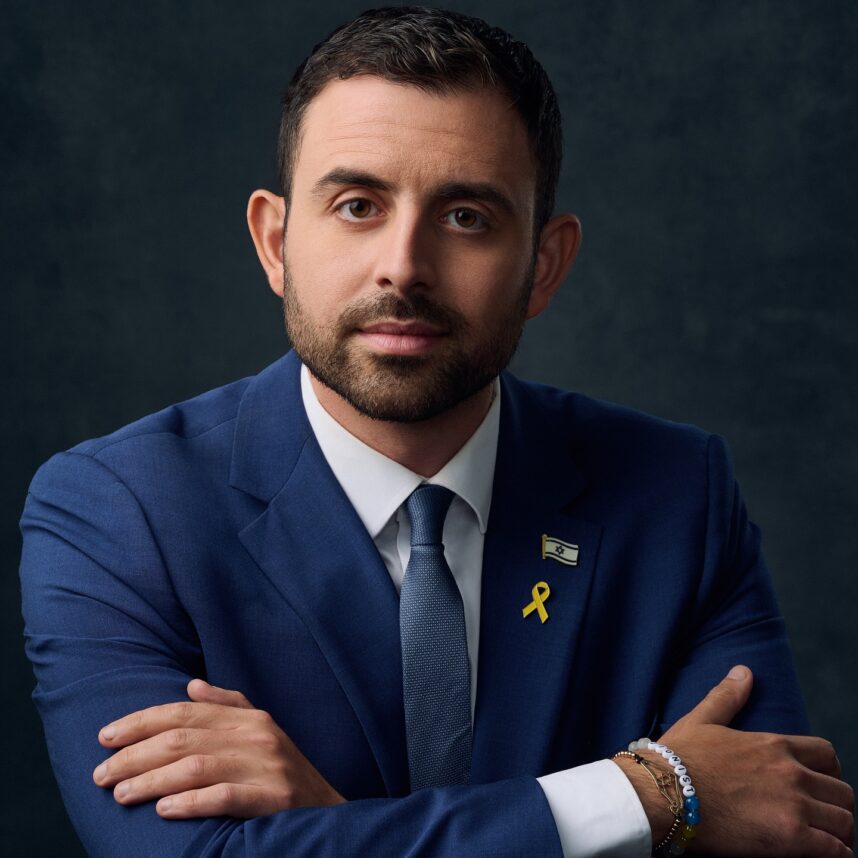
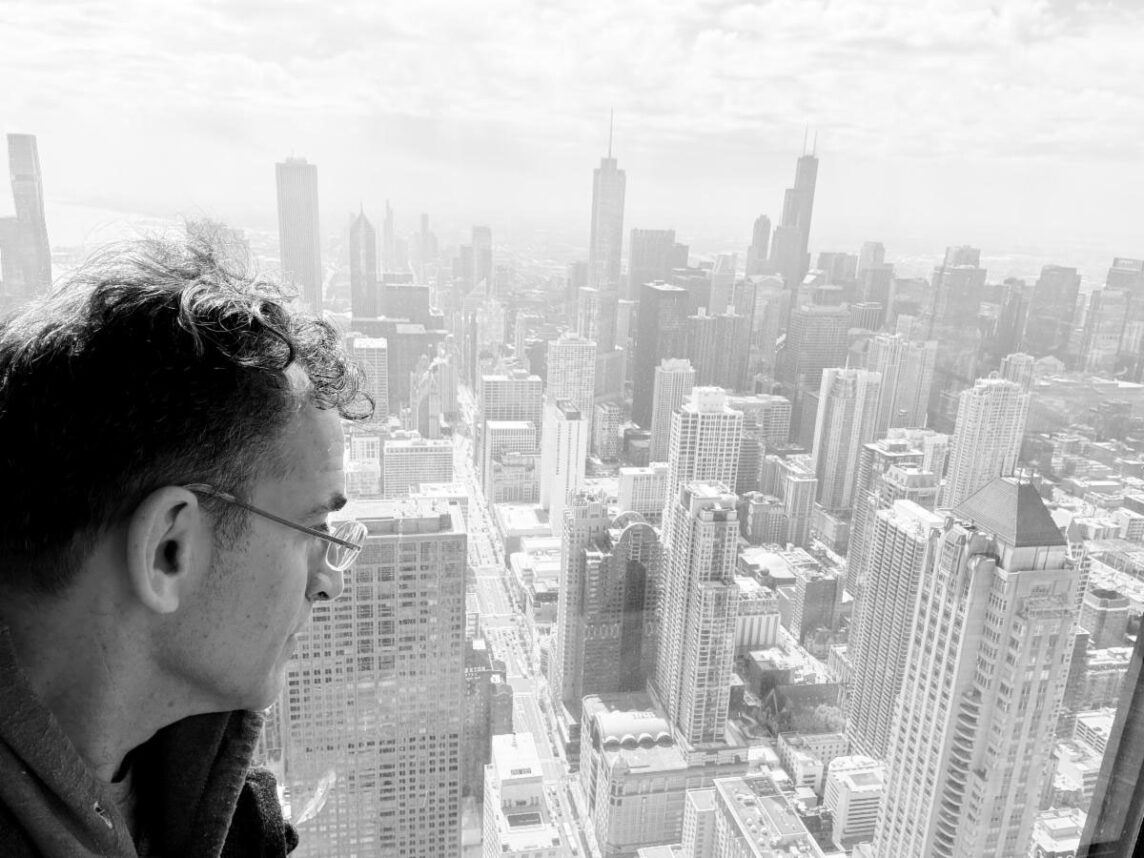






 More news and opinions than at a Shabbat dinner, right in your inbox.
More news and opinions than at a Shabbat dinner, right in your inbox.